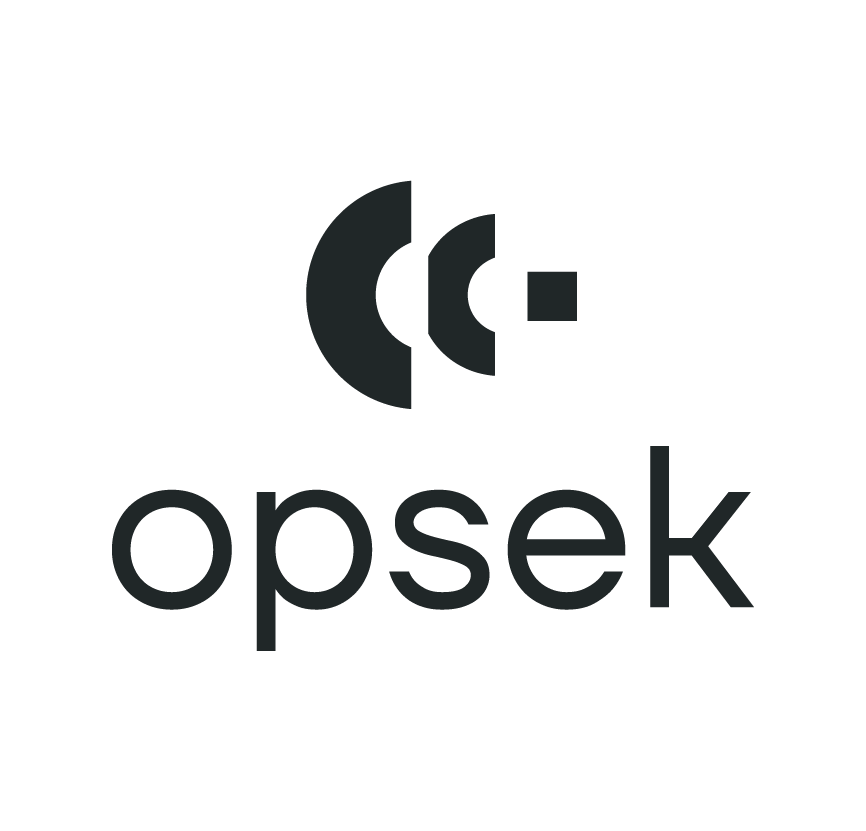DeFi Security Summit
2025 Recap




The Vibes
Big thanks to @summit_defi for the awesome conversation on DeFi security!
— buzea200👩💻👾🫶 (@buzea200) November 22, 2025
Loved sharing how we’re working at @ChronicleLabs to enable the safe integration of tokenized assets into the DeFi space. pic.twitter.com/SzswgMjnlC
The output by @summit_defi on YouTube is insane. Truly outdid all past events.
— JJS (@JJS_OnChain) November 24, 2025
I just wished I could be there in person…
But anyway, I need to watch like 2 videos a day to catch up. pic.twitter.com/VpnT69l7xc
The @summit_defi was incredibly inspiring, especially @philbugcatcher's lightning talk. There's an insane new AI auditing idea that's been on my mind for weeks and today all the pieces finally clicked.
— Bernhard Mueller (@muellerberndt) November 22, 2025

The Venue
DSS 2025 will be hosted at La Rural in Buenos Aires, Argentina — the same venue as Devconnect.
Address: Av. Sarmiento 2704, C1425 Cdad. Autónoma de Buenos Aires
Schedule
Session Chair: Gleb Alekseev, Product Owner, Blockchain Team at 1inch




Tomer Ganor, Security Research Tech Leader, Certora


Ayham, Cofounder, Silo
Panelists:
Sebastian Derivaux, Co-founder, Steakhouse Financial
monetsupply, Head of Strategy, Spark
Matt Cole, Co-founder, Allez Labs
Yaron Velner, Co-Founder, B.Protocol
Rémi Foult, Co-founder, 9Summits and Lagoon 3
Session chair: Mehdi Zerouali, Co-founder & Director, Sigma Prime

Bartek Kiepuszewski, Founder, L2BEAT
Panelists:
Usmann Khan, Head of Protocol Security, Plasma
Jan Gorzny, Co-Founder, Zircuit
Vlad Bochok, Head of Protocol Security, Matter Labs
Daniel Lumi, Senior Product Manager, Arbitrum





We analyze three game theoretic models of these dynamics and determine the challenge period length required to ensure the defender's success, as a function of the number of required protocol moves and the players' available budgets.
Session Chair - Uri Kirstein, Product Manager, Certora









Anto Joseph, Principal Security Engineer, EigenLabs
Panelists:
Channi Greenwall, FOunder & CEO, Olympix
Kirill Balakhonov, Head of AI Products, Nethermind
Jack Sanford, Founder, Sherlock
Nico Waisman, Head of Security, Xbow

Tiago Assumpcao, Technical Director, Crypto ISAC
Panelists:
Ryan Wegner, Head of Security, Gauntlet Networks
Joe Dobson, Threat Intelligence Analyst, Mandiant
CvH, Security, Polygon
Ido Ben-Natan, Founder and CEO, Blockaid
Session Chair: Jeffrey Scholz, Founder, RareSkills




Ivy, a new Vyper interpreter, executes Vyper AST in a custom EVM and enables Csmith-style semantic equivalence testing against the compiler's bytecode. AST-aware, type-safe contract generator enables wide language coverage: generate contract → execute traces → compare semantics.
Session Chair: Josselin Feist, Independent Security Researcher

We'll define Coverage Classes, and from there give a structured definition and an algorithm to enumerate an over approximation of feasible Logical Combinations, with the goal of making auditors and developers know when they have actually reviewed 100% of the code.


Session Chair: Santiago Palladino, Principal Engineer, Aztec Labs

This talk gives a survey of the common knowledge gaps that block understanding of mathematical code, then reverse-engineers Uniswap V3's getTickAtSqrtPrice() function as an example.

An infamous example for rounding errors are ERC-4626 vaults. Hence, we dissect the ERC-4626 conversion formula that OpenZeppelin came up with in defense. We will show how this virtual liquidity works and the absolute and relative error bounds that can be observed compared to the real-valued formula.


Session Chair: Lilian Cariou, Security Auditor, Certora

Orest Gavryliak, CLO, 1inch

Session Chair: Rajeev, Founder, Secureum


This is a quick dive into the various security externalities of what mainstream adoption means for things like tokenization, DATs, RWAs, etc.







Also In this talk, we’ll explore the new attack surfaces introduced by EIP-7702, and it's implications for users, wallet providers etc
We'll also dive into ERC 4337 as part of the history of account abstraction.


Session Chair: Phil Bugcatcher, Security Researcher, Certora

Oracle teams and risk committees rely on previewDeposit/previewMint as if they were binding promises. They aren’t.
Many “checks” are unit-tests that don’t model donations, flash liquidity, or time-dependent exchange rates.











.png)
Coming Soon!
Session Chair: Ray Orlev, Security Researcher Team Leader, Certora



What do you do when the bug is confirmed, it affects 100M+ in user funds, and governance has limited options to control the affected contracts?


Millions of user funds were at risk, but it was patched before it could be exploited.

Mudit Gupta, CTO, Polygon Labs
Panelists:
Joe Dobson, Threat Intelligence Analyst, mandiant
Julia Hardy, Co-Founder, Head of Investgations, zeroShadow
Juan Ignacio Jubeira, Smart Contracts Lead, Balancer
Session Chair: Rob Montgomery, CEO, Immunefi

Rajeev, Founder, Secureum
Panelists:
Seth Hallem, CEO, Certora
Hari Mulackal, CEO, Spearbit
Mehdi Zerouali, Co-founder & Director, Sigma Prime
Benjamin Samuels, Director of Engineering, Trail of Bits
Alice Henshaw, Protocol Engineer, Uniswap





alter smart contract security assumptions and functionality. This talk examines the key EIPs in the recent and upcoming hard forks and their implications on smart contracts. Understanding Ethereum's trajectory is crucial for both developers and security researchers to build resilient applications that can maintain security guarantees across protocol changes
Session Chair: Elliot Friedman, Founder, Kleidi

Adam Rak, Executive Director, Blockchain Security Standards Council
Panelists:
Jota Carpanelli, Head of Security Services, OpenZeppelin
Max Courchesne-Mackie, Security Architect and Red Team Lead, Figment
Joel Kerr, Head of DeFi Security, Coinbase


Areta Market is flipping this on its head with a builder-first audit marketplace that offers cost savings, competitive quotes, and rapid turnaround across ecosystems like Uniswap, Base, and Scroll.

Michael Lewellen, Head of Solutions Engineering, Turnkey
Panelists:
Mitchell Amador, CEO, ImmuneFi
Umar Ahmed, CTO, Co-founder, Chainpatrol
Ari Medvinsky, CTO, Co-founder, Failsafe
Neville Grech, CoFounder, Dedaub
Michal Knapkiewicz, Executive Director, Sigma Prime
Session Chair: Lior Oppenheim, Security Researcher, Certora





Session chair: Deniz Yilmaz, Tech Lead, Sky


Session Chair: Yoav Weiss, Security Fellow, Ethereum Foundation




Session Chair: Jack Sanford, Founder, Sherlock










Session Chair: Seth Hallem, CEO, Certora




I want to present, during this talk, recent cases that happened in Web3 (and beyond), to be able to better identify them in the future.
Session Chair: Tomer Weller, Chief Product Officer, Stellar












Pablito.eth, Founder, Opsek






Kirill Balakhonov, Head of AI Products, Nethermind



.svg)


















